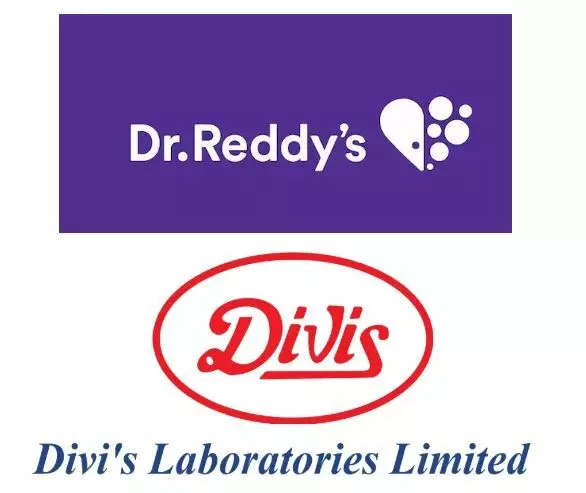Will Israel-Hamas conflict affect Hyderabad based Dr. Reddy's and Divi's Lab?
The Indian pharmaceutical industry is at a critical juncture as it assesses the ramifications of the escalating conflict in Israel.
image for illustrative purpose

The Indian pharmaceutical industry is at a critical juncture as it assesses the ramifications of the escalating conflict in Israel. Analysts and experts have been analyzing the situation and its potential effects on the trade relationship between India and Israel, which initially raised no concerns but now warrants reevaluation.
Salil Kallianpur, a pharmaceutical analyst, pointed out that the intensifying conflict may have broader regional implications. He stated, "This escalation could impact the approximately $1 billion trade, potentially affecting countries such as the UAE, Bahrain, Oman, Qatar (BOQ), and Egypt. The Kingdom of Saudi Arabia (KSA), a vital export market for Indian pharmaceutical companies, is also a concern." Kallianpur highlighted that while Israel has a self-sufficient pharmaceutical industry with strong generic players, the rest of the Middle East and the Commonwealth of Independent States (CIS) region may depend on Indian exports. The duration and scale of the conflict, as well as its impact on air and sea trade routes, could lead to shortages of essential drugs in the region.
Indian pharmaceutical companies like Sun Pharma (through its Israeli subsidiary Taro Pharmaceutical Industries Ltd), Dr. Reddy’s, Lupin, Torrent, and Divi’s Labs may face challenges if the conflict spreads further, as noted by Kallianpur.
However, some analysts have a more optimistic view, suggesting that the impact on Indian pharmaceutical companies may be minimal. Hari Natarajan, Founder and Managing Partner at Pronto Consult, proposed that even in the event of a prolonged conflict, Indian companies could potentially find opportunities to fill gaps in the U.S. and European markets.
Rajesh Pherwani, founder of Valcreate Investment Managers, also downplayed the impact, especially with Sun Pharma's limited presence in Israel through Taro. He highlighted that any potential disruptions could be related to FDA manufacturing facilities and raised the possibility of Teva, an Israeli company with plants in Israel, facing supply issues, which could create openings for Indian companies.
R. Uday Bhaskar, Director-General of the Pharmaceuticals Export Promotion Council (Pharmexcil), expressed confidence that the ongoing Israel-Palestine conflict is unlikely to have a negative impact on Indian pharmaceutical exports or the industry. The pharmaceutical exports to Israel have witnessed significant growth, with a 40% increase to $92 million in the fiscal year 2022-23, maintaining a consistent upward trend with a compound annual growth rate (CAGR) of 22% over the past five years. Exports to Israel continued to grow, with a 9% increase in the April-August period of the fiscal year 2023-24.
These exports encompass bulk drugs and intermediaries, as well as drug formulations and biologicals. Although exports to Palestine were lower, the Indian pharmaceutical industry remains cautious as it monitors the unfolding Israel conflict. While concerns about potential trade disruptions exist, pharmaceutical companies also see opportunities in alternative markets.
Nikkhil K. Masurkar, CEO of Entod Pharmaceuticals, shared an optimistic perspective, stating, "Although there could be short-term disruptions in the supply chain, we don't foresee any significant impact on the pharmaceutical trade between India and Israel." He highlighted the robust nature of Israel's pharmaceutical sector and suggested that the current situation could lead to increased demand for essential pharmaceutical goods in Israel, potentially strengthening pharmaceutical ties between the two countries. Additionally, there may be a surge in medicine demand from Palestinian territories, which India could assist in fulfilling.

